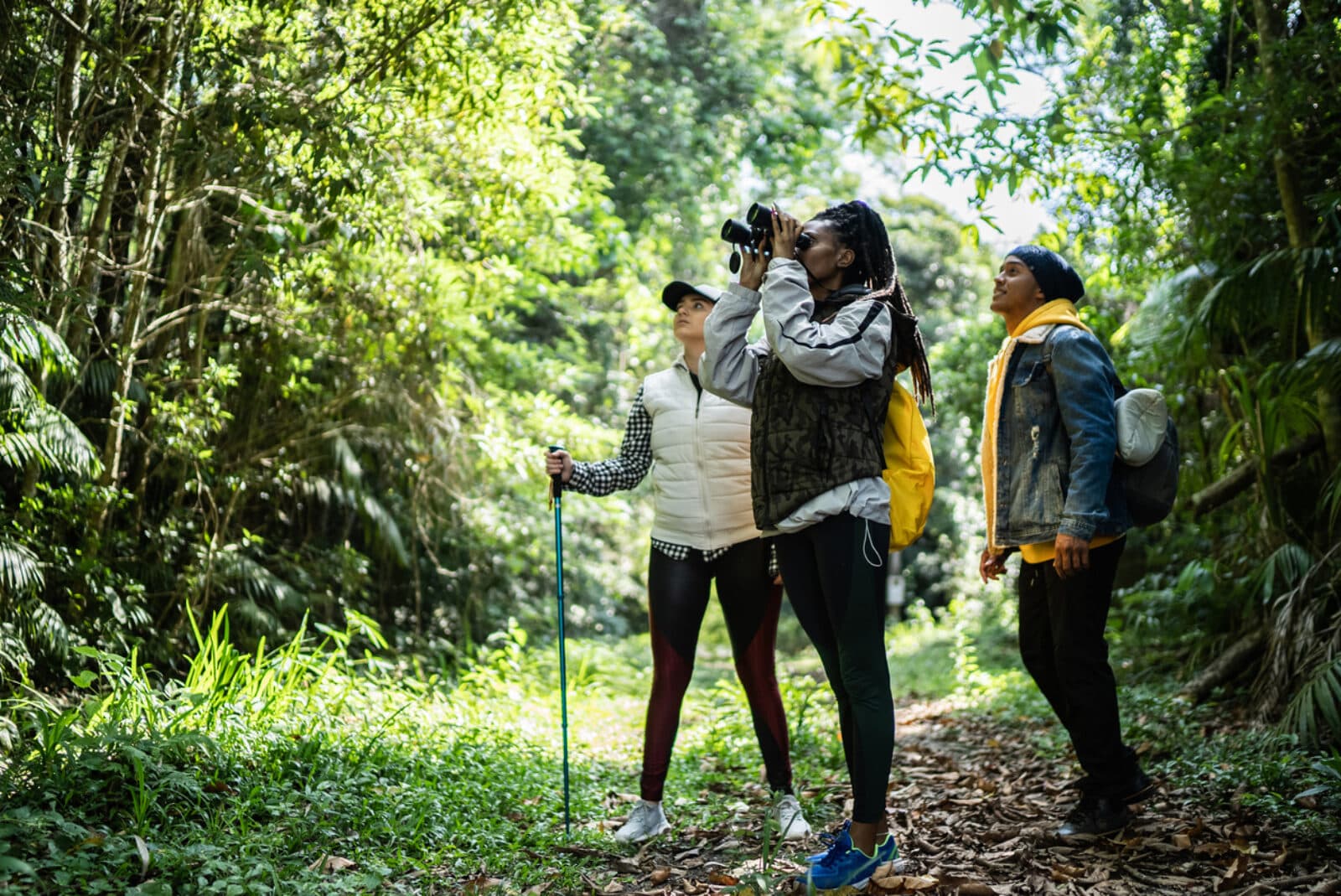Neurobiology and Changing Ecosystems in a Societal Context
Developing a protocol to assess how basic science research intersects with societal considerations

Since 2022, The Kavli Foundation has explored open questions and supported research through its initiative in Neurobiology and Changing Ecosystems. Supported researchers are studying many facets of neural systems responding to changing environments, such as how crabs’ life cycles are affected by temperature changes, how low oxygen environments change biochemistry in cephalopods, and how fish neurons adapt to heat.
In alignment with The Kavli Foundation’s vision to support science for the benefit of humanity, the foundation’s Science and Society program also supports work that considers how the people, processes, and products of basic science contribute meaningfully to society. With that in mind surrounding Neurobiology and Changing Ecosystems, the foundation is funding a related study entitled, “Justice in Basic Research Agendas (JuBRA): An equity-centered protocol for assessing basic research.”
The project is led by Lomax Boyd, assistant research professor at the Johns Hopkins Berman Institute of Bioethics, and Maria Merritt, professor in the Berman Institute and the Johns Hopkins Bloomberg School of Public Health. Together they will develop a field protocol for scientists to use as a roadmap for exploring how their research addresses, uncovers, propagates, or mitigates ethical and societal considerations.
For an emerging field like neurobiology and changing ecosystems, the ways research will address societal issues is yet to be determined, and represents a parallel avenue of basic research into societal considerations. But the possibilities of the unknowns are vast, just like the basic science research into neural systems.
Other Science and Society work at the foundation focuses on the process and outcomes of research and how scientists can be aware of the future societal effects of their work, even if years away. Equally as important, especially for a young field like neurobiology and changing ecosystems, are the questions researchers choose to explore, or not.
“What are the fundamental gaps in knowledge when you're faced with planetary scale, ecological change? When it comes to the nervous system or neural systems or neuroscience in general, you're dealing with enormous white space of unknown,” said Boyd. “You have to make choices about where your lab's going to focus, where you're going to take your research resources, where you're going to invest time into writing grant applications, into performing experiments, and mentoring trainees in promising new areas.”
That space is where Boyd and Merritt hope information from outside the lab could inform new, interesting questions or research directions.
“It's important to understand from the viewpoint of specific communities in specific landscapes and locations – what the natural world there means to them and has meant historically and culturally,” said Meritt. “So that's the context in which, I think, it makes sense to invite folks who are working on basic science questions involving changing ecosystems to think about, what is the place of your research program in this kind of much broader landscape? We need to learn a lot more about how people outside the scientific world interact with the systems that we're studying scientifically."
Boyd and Merritt plan to field test their approach at an April 2025 symposium about neurobiology and changing ecosystems to be held at the Allen Institute in Seattle, Washington, and co-hosted by The Kavli Foundation. With feedback from the scientists in this emerging field in hand, the team will revise their protocol and share it with the community, with the hopes of transferring lessons to other fields as well.
“This work is exciting because it is considering societal perspectives and priorities early in the development of research agenda in a burgeoning new field,” said Brooke Smith, director of Science and Society at The Kavli Foundation. “We’re excited to not just support the scientific research but also support understanding the societal context in which it is situated.”